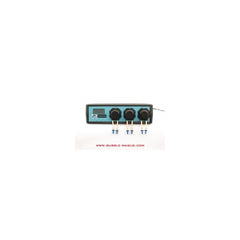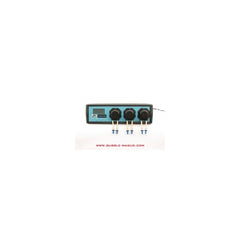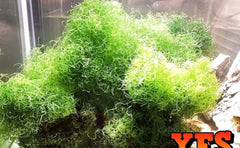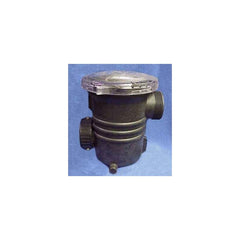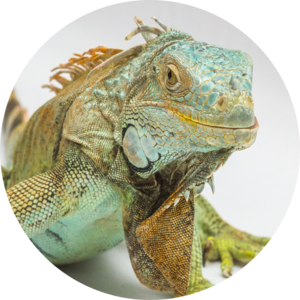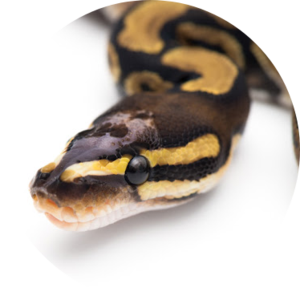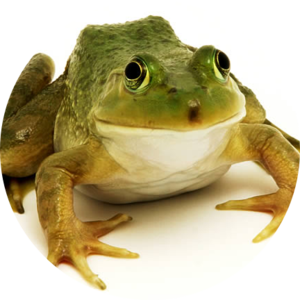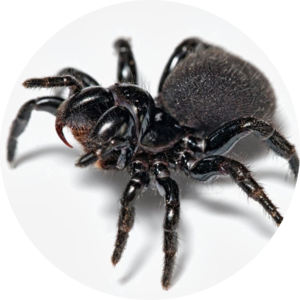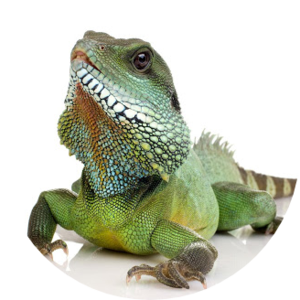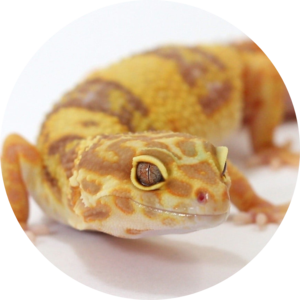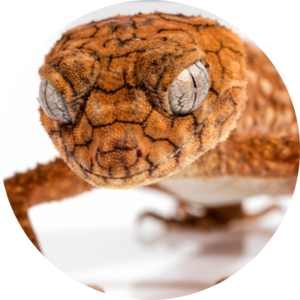Scopas Tang Fish - Med 3" - 4" Each Saltwater - Yourfishstore
Ebay
$ 115.53

SCOPAS TANG - MED 3" - 4" EACH SALTWATER - YOURFISHSTORE - FREE SHIPPING
Minimum Tank Size:
100 gallons
Care Level:
Moderate
Temperament:
Semi-aggressive
Reef Compatible:
Yes
Water Conditions:
72-78° F, dKH 8-12, pH 8.1-8.4, sg 1.020-1.025
Max. Size:
1'
Color Form:
Tan, Yellow
Diet:
Herbivore
The Zebrasoma scopas is famous for its color, shape and propensity to eat nuisance hair algae in the aquarium. It exhibits a long snout that enables the Zebrasoma tangs to reach filamentous algae in the aquarium which are out of reach for other Acanthurids and surgeonfish. The Juvenile Scopas Tang is solitary and never stays far from the cover of reef, whereas, the adult roams in the reef tank and can be found in pair, singly, or in large groups. There is no distinctive feature between males and females of this species. Having said that, Juvenile Scopas Tang show somewhat different body marking than that of adult ones with exaggerated dorsal and anal fins as well as thin white vertical lines that transverse the body. The Scopas Tang is easy to keep and care, especially in a reef aquarium. The Scopas Tang should be fed with freeze-dried algae sheet with a lettuce clip so it can browse throughout the day. Other food include substantial amount of plant material; including microalgae, broccoli, spinach, Spirulina flake food and dried algae sheets for a continued good health. The Scopas Tang is an aggressive fish towards other similar shaped fish, especially surgeonfish. It can be kept in groups or in pairs only in a large aquarium. The Scopas Tang is sexually dimorphic, with males having a patch of short, bristles on the caudal peduncle, which is not present in females. It can occasionally nip at the tissue of large-polyp stony corals, star polyps, Zoanthids, and this happens more when there is not enough algae growth in the aquarium. The Scopas Tang should be kept in an aquarium with 35 Gallons with plenty of swimming space. It thrives well in a water temperature of 74-82 degrees Fahrenheit and, pH of 8.1 to 8.4. The Scopas Tang often hosts ectoparasites, and are more susceptible to skin parasites as it is doesn?t produce any kind of slime like protective layer on it. The breeding is quite difficult in captivity and is not likely to spawn in the same. Mixing this species with others of the same genus can often create territorial issues.
QUESTIONS & ANSWERS
Have a Question?
Be the first to ask a question about this.



